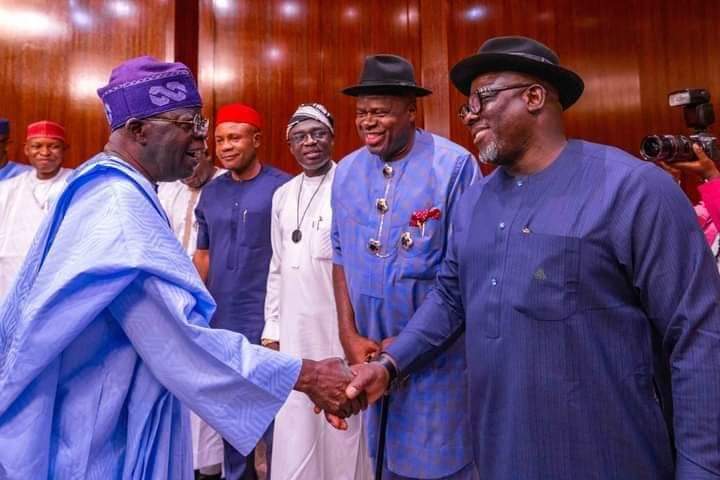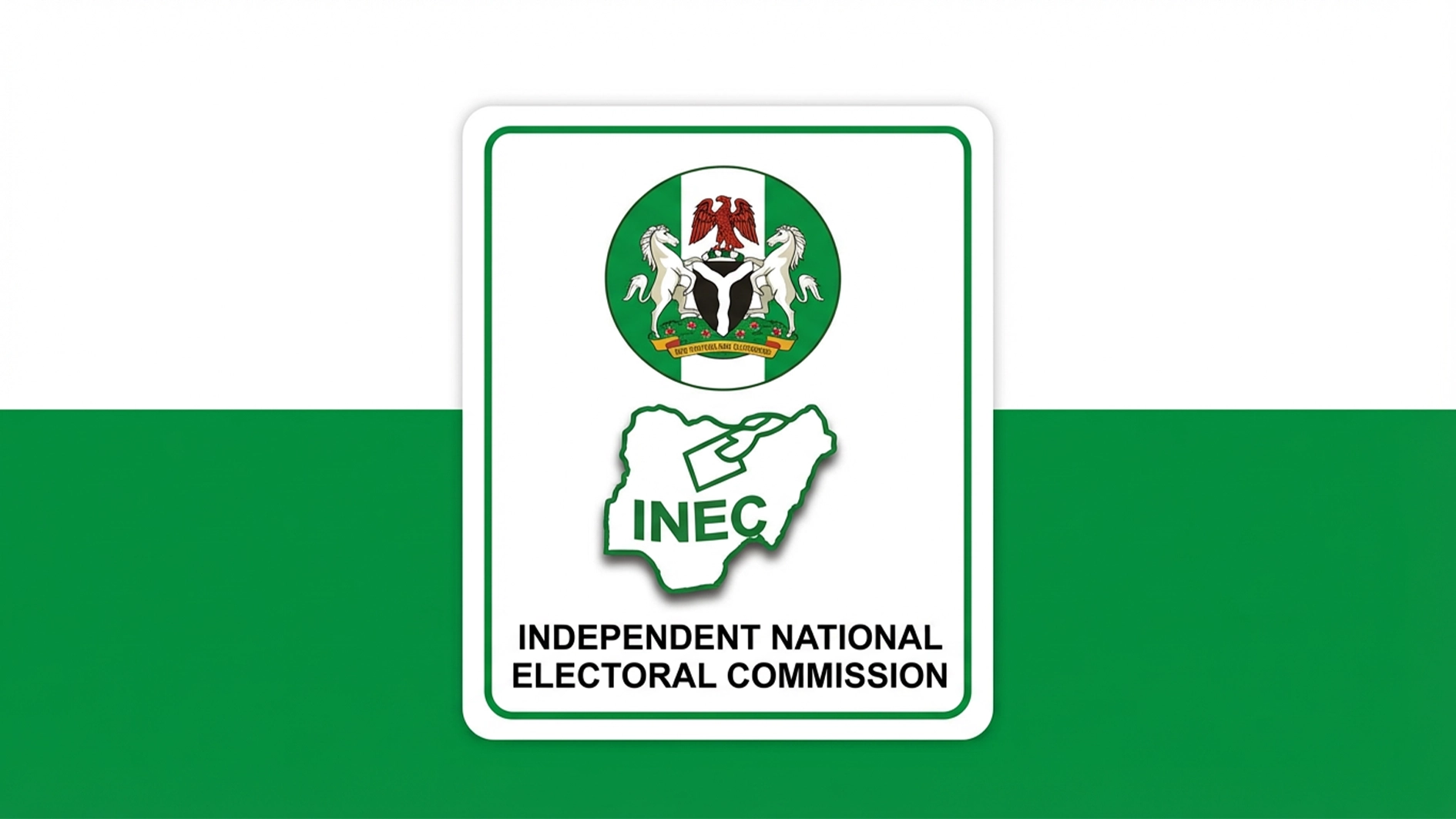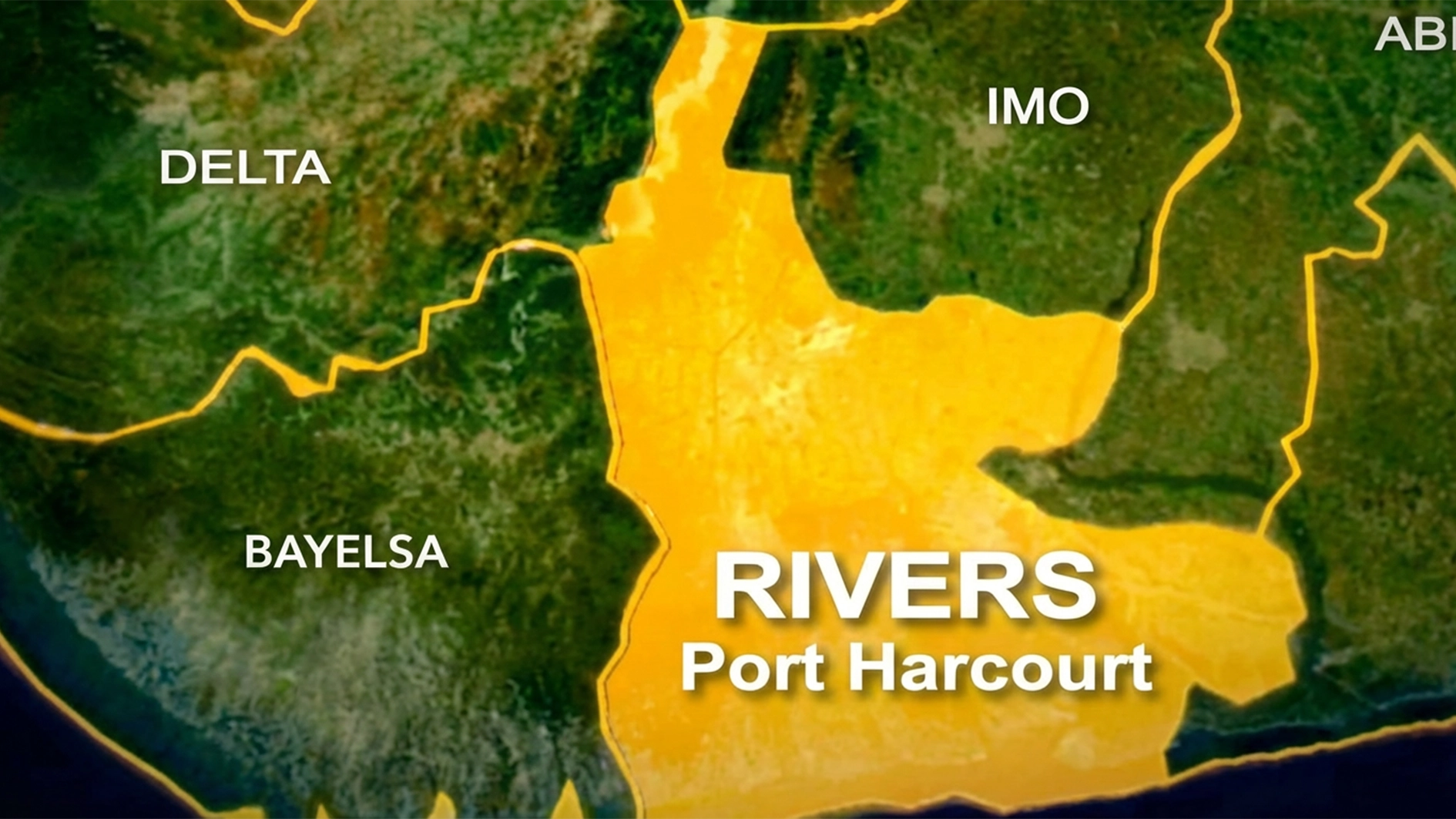
Delta State Governor, Sheriff Oborevwori, has issued a scathing critique of the economic policies implemented by President Bola Tinubu’s administration, accusing them of plunging Nigerians deeper into hunger, poverty, and unemployment, while turning Nigeria into the global poverty capital.
In a statement signed by his Executive Assistant on New Media, Felix Ofou, Oborevwori highlighted the adverse effects of policies such as the removal of the petroleum subsidy and the floating of the Naira. While these measures were initially touted as economic reforms, the governor argued that any potential benefits have been eroded by the severe devaluation of the Naira and soaring inflation.
READ MORE: Kemi Badenoch’s aide to Shettima: ‘She’s not Nigeria’s PR agent’
Oborevwori’s remarks came in response to statements made by former Deputy Senate President, Senator Ovie Omo-Agege, at an APC event. Omo-Agege had praised Tinubu’s economic policies, claiming they had led to increased federal allocations, higher economic growth rates, improved export earnings, and better incomes for farmers.
Omo-Agege also accused the Delta State Government of mismanaging over N900 billion in federal allocations and derivation revenues received over the past 18 months, suggesting that little development was evident across the state.
Governor Oborevwori refuted these claims, questioning the true value of the alleged increase in funds amidst the broader economic challenges facing the nation.
READ MORE: 150MW will be added to national grid by year-end — Minister
“Can we really talk of increased money in any state in Nigeria? What is the worth of such money in the face of galloping inflation, gross devaluation of the Naira, unparalleled hunger, mass poverty, mass unemployment, daily closure of major factories and multinationals in the country?” Oborevwori queried.
He further criticized Tinubu’s economic policies for exacerbating Nigeria’s economic woes, citing assessments by the World Bank and the International Monetary Fund (IMF) which have described the policies as ineffective.
“Both the World Bank and the International Monetary Fund (IMF) have rightly stated that Tinubu’s economic policies are not working. That the policies have transformed Nigeria into the poverty capital of the world, with over 130 million of the population living below the poverty mark,” the governor said.
READ MORE: Oshiomhole denies influencing son’s nomination into Okpebolo’s cabinet
Oborevwori urged caution in embracing what he described as APC’s “T-pain model,” suggesting that the policies have unleashed untold economic hardship on Nigerians. He rejected Omo-Agege’s recommendation that Delta State follow this model, asserting that it was not a path Deltans should embrace.
“Is this the model that Omo-Agege is recommending for Delta to copy; a model that has unleashed economic hardship on the people? Why would anyone recommend APC’s T-pain as remedy to our woes? Obviously, this is not a path desirable for Deltans and one they would want to embrace at this time,” he stated.
The Delta Governor called for more sustainable and people-focused policies to address the worsening poverty and economic challenges facing Nigerians.






